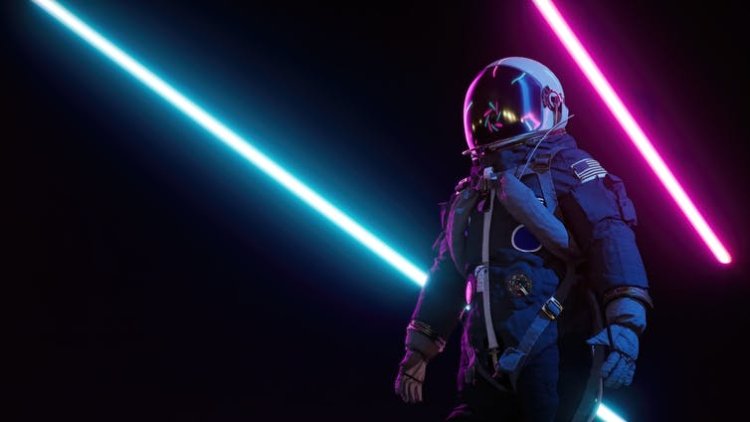Virtual reality can fight the isolation of Earth and space.
It takes seven months to travel about 300 million miles (480 million km) to Mars in a well-designed spacecraft. On this journey, the crew must survive in a confined space where there is no chance to get to know nature or interact with new people. It's easy to imagine how seriously such isolation can affect the well-being and productivity of crew members. However, virtual reality can help alleviate the negative feelings of isolation that can potentially affect space travel.

It takes seven months to travel about 300 million miles (480 million km) to Mars in a well-designed spacecraft. On this journey, the crew must survive in a confined space where there is no chance to get to know nature or interact with new people. It's easy to imagine how seriously such isolation can affect the well-being and productivity of crew members. However, virtual reality can help alleviate the negative feelings of isolation that can potentially affect space travel.
The difficulties faced by long-term space travelers are, to a lesser extent, not new to ordinary people. Many Canadians experience isolation and loneliness, at least sometimes. EarthSky Lunar Calendar for 2022 Now Available! It's a sales guarantee, so buy it if you can. Your support keeps EarthSky running smoothly!
The epidemic of loneliness could be mitigated by an unexpected alliance of the sciences of space exploration, virtual reality (VR) and self-transcendental experiences. Quarantine COVID-19 has created the setting for the largest quarantine study in research history. Staying orders interfere with meeting other people and getting to know nature, increasing the level of loneliness and depression.
Loneliness and isolation are associated with widespread negative effects on our well-being, physical and cognitive health. Feeling connected is vital to a happy, healthy, and meaningful life. Given the risks associated with containment, space agencies are conducting large-scale simulation studies to study and mitigate these effects.
Science Research Unique Ground Station International (SIRIUS) is a series of ground-based containment experiments that simulate long-term space missions. It is safer and cheaper to run simulations on land to evaluate the impact of quarantine on crew members. It also allows space agencies to test the effectiveness of potential solutions that could support the physical and mental health of crew members during extended space missions such as Mars.
SIRIUS21 is an eight-month containment study in Moscow that will begin on November 4, 2021. Six multinational crew members will enter a special facility called NEK, a simulation of a spacecraft built in the 1960s, for 240 days.
Participated in 70 experiments prepared by international research groups. To explore the potential of future astronauts to support extraterrestrial travel, Simon Fraser University's iSpace Lab teamed up with the Universitätsmedizin Charité research group in Berlin to create a virtual reality designed to inspire a sense of connection.
A transcendental experience is a set of phenomena and associated emotional states characterized by an increased sense of interconnectedness with the world. Awe is an unparalleled special emotion that you can experience when you see more than yourself, for example, standing on top of a mountain, being touched by the vast landscape beyond the horizon, or witnessing a clear starry night.
Godliness not only supports our well-being, it also makes us more compassionate and pro-social and even improves our physical health. We are in awe of many events related to nature, spiritual practice and culture, but to experience them sometimes we have to travel to impressive places like the Grand Canyon. Living in isolation inevitably limits our ability to experience awe. My PhD program explores the potential of immersive technologies such as virtual reality to induce a sense of connection and support well-being.
Together with our colleagues at iSpaceLab, we created a 30-minute Earthgazing VR story in which participants immerse themselves in nature. During their travels, they meditate on clouds, watch sunsets over canyons with wild animals, watch aurora in the night sky, observe the rise of Mars over the horizon, and experience spaceflight. Japanese.
Finally, participants revolve around the Earth, reflecting the interconnectedness of all life on Earth. This virtual journey is inspired by the Vision Effect, a deep experience astronauts experience while witnessing the beauty and fragility of Earth from space.







